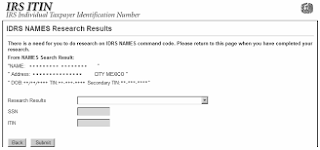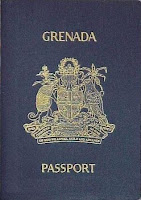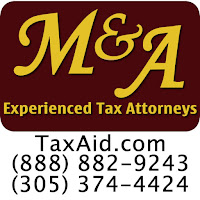Under Section 958(b)(4), a foreign parent company's ownership of an offshore subsidiary wasn't attributed to the parent company's U.S. affiliate. With Section 958(b)(4) gone, however, the offshore subsidiary is treated as a controlled foreign corporation, or CFC, under the U.S. branch.
The Unexpected Switch To a CFC Designation.
“Unanticipated increases in costs can be detrimental to normal business operations and can put affected groups at a disadvantage relative to competitors who did not experience such changes,” the IRS said, adding the rules are “designed to maintain continuity of normal business operations.”
In certain cases, the proposed regulations will prevent the unintended disruption in business activity by determining CFC status as if Section 958(b)(4) hadn’t been repealed. For example, the IRS cited foreign-parented groups in the space, ocean and international communications industries that have U.S. subsidiaries.
In the absence of the proposed rules, these corporate groups' foreign subsidiaries could potentially have been designated as CFCs, which would result in all or part of the foreign subsidiaries' earnings, depending on the industry, being treated as U.S. source income.
“Comments received suggested that such treatment would render companies’ business models untenable,” the IRS said.
Accordingly, The Agency Noted That In Such Cases,
The Determination Of Whether A Foreign Corporation
Is A CFC Is Made Without Regard
To Downward Attribution From A Foreign Person.
The proposed rules also address Internal Revenue Code Section 267(a)(2) , which covers the timing of deductions on payments between related parties. Following the repeal of Section 958(b)(4), a foreign corporation that wasn’t a CFC under prior law could become one as early as Jan. 1, 2017, even though the TCJA was enacted in December of that year, according to the IRS.
This timing affects companies using an accrual accounting method, which involves reporting income for the year in which it is earned and deducting expenses for the year in which they are incurred.
Accordingly, the proposed rule “removes inconsistent annual treatment of deductions” for certain payments in the year the amounts are accrued in cases in which the payments are owed to related foreign corporations that have no direct or indirect U.S. shareholders.
The IRS also issued a revenue procedure on October 1, 2019, limiting the inquiries required by those in the U.S. to determine whether certain foreign corporations are CFCs. In addition, the agency noted that if unrelated minority U.S. shareholders lack detailed tax information with respect to certain CFCs, they can rely on specified financial statement information instead.
Such information can be used to calculate inclusions under Subpart F and the TCJA’s measure on global intangible low-taxed income, the IRS said.
The revenue procedure will also limit filing requirements of U.S. shareholders who only constructively own stock of the CFC because of downward attribution from another person, according to the agency.
Have an International Tax Problem?
Contact the Tax Lawyers at
Marini & Associates, P.A.



















